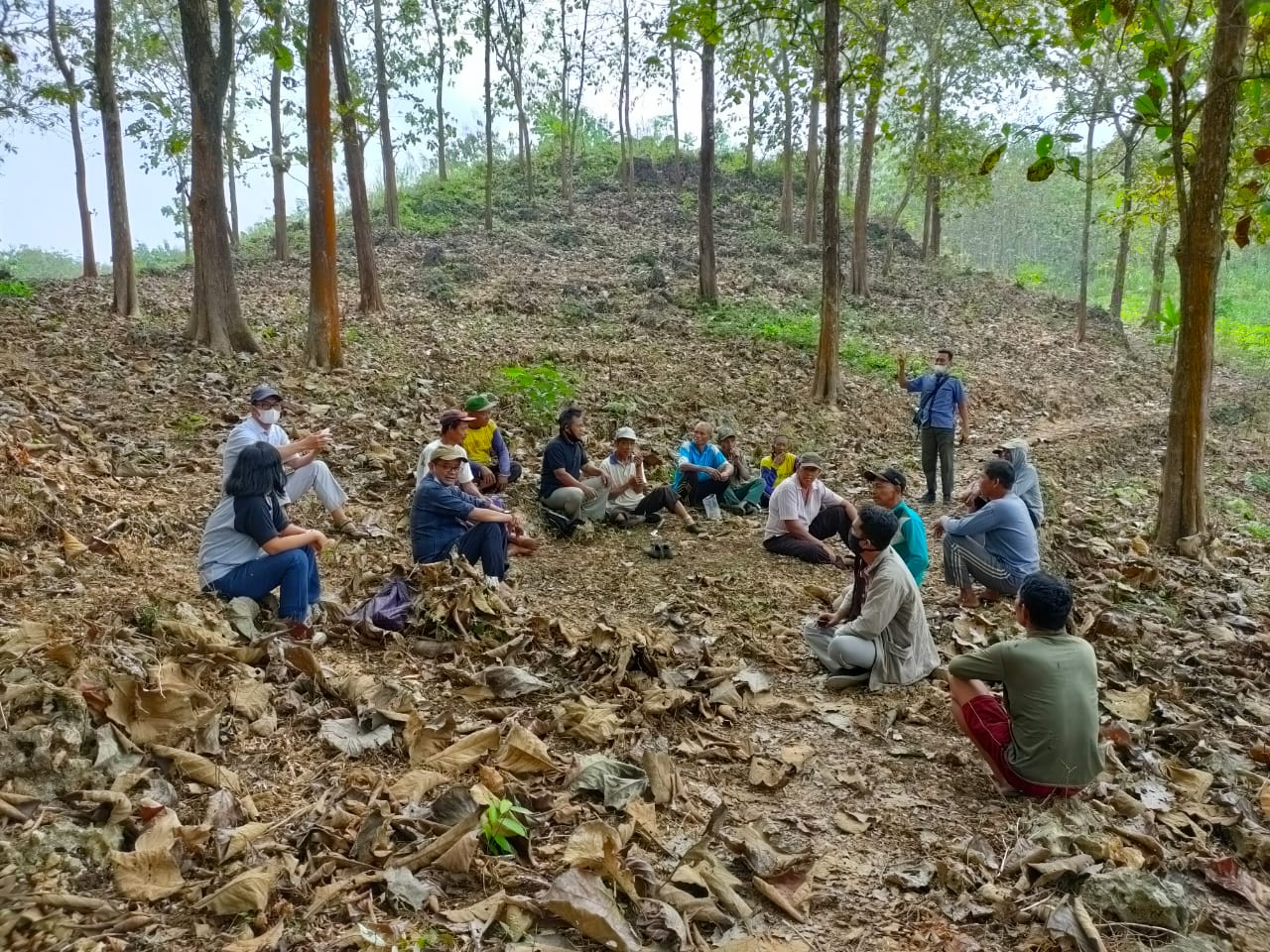Abstract
Land use changes in upstream cause flooding in the middle and downstreams so that appropriate spatial planning is required. The study aims to (1) analyze the forest management in ecologycal region percpective community, unilateral and bilateral on the boundary areas of Indonesia and Timor Leste, (2) analyze dependence of spatial-ecology with income farmers, and (3) analyze descriptively the spatial planning of border regions. The data used were secondary and primary data which were obtained from Indonesia and Timor Leste. Primary data sampling technique using multistage sampling, namely cluster sampling for the sample village representing the upstream, middle, and downstream of the watershed; while the sample of farmers using purposive sampling. The analysis used was descriptive analyisis which was used to analyze management of forest in ecologycal region on boundary area. Then, the spatial durbin model was used to analyze the dependence effect of spatial-ecology on farmer income in transboundary watershed. The spatial durbin model showed that farmers’ income in the downstream of transboundary watershed will be reduced because patterns of farming on upperstream transboundary watershed tends to be exploitative. This implication required administrative and spatial ecology perspective in boundary spatial planning.
Authors

This work is licensed under a Creative Commons Attribution 4.0 International License.
Jurnal Manajemen Hutan Tropika is an open access journal which means that all contents is freely available without charge to the user or his/her institution. Users are allowed to read, download, copy, distribute, print, search, or link to the full texts of the articles in this journal without asking prior permission from the publisher or the author. This is in accordance with the Budapest Open Access Initiative (BOAI) definition of open access.

